When we talk about citizenship, we do it within the context of the nation as a whole, but for most people the society in which they exist, seems to be their only nation. Some people just want to spend their day peacefully by following their daily routine with a sense of freedom within themselves. This is true especially in the context of women in India. Most women are trained to be in relation to someone who is either her father, husband or son. To them family becomes their only nation. Their prime task is to arrange food for her children and family and finish her tasks as a home-maker and care-giver. Most women do not get time to understand their personal needs and wants.
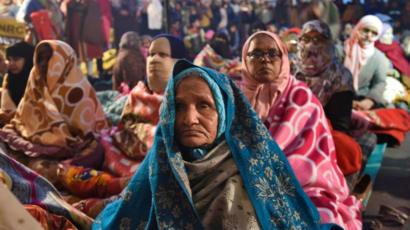
In such a situation what would citizenship mean?
The Public And Private And The Lines Blurred
The present set-up of the society is supposed to be the kind where all individuals have a claim to the society for which they have been contributing for the longest time now. But, does the previous statement apply to women? I would like to disagree. Ursula Vogel, a feminist and a French revolutionary explains that we understand the presence of private by demarcating the boundaries of public. One, therefore can either be a member of the public or that of private. Thus, it is difficult for women to be members of the public because they always have been associated with the private. This makes women active members of the private where they are essentially seen as either, wives or mothers. If this demarcation provides the notion of citizenship then the essential idea of citizenship is masculine.
This makes women active members of the private where they are essentially seen as either, wives or mothers. If this demarcation provides the notion of citizenship then the essential idea of citizenship is masculine.
This public-private binary is a huge problem because, any problem encountered by women becomes a ‘problem for the public’ and private is void of the public interference. Thus, if there is a case of domestic violence, the law, the judiciary or for that matter the other members of the society can not interfere. Therefore, women are expected to bear the burden of honour by being silent.
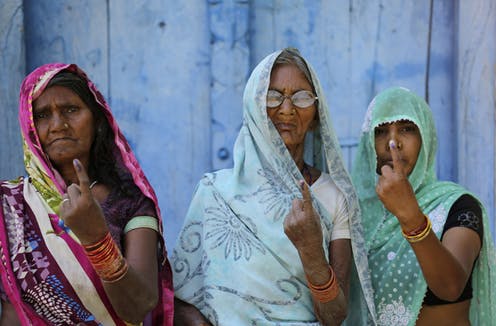
Communitarians believed that people are social beings. Community belonging and living, which has shared values and ideals give birth to an individual’s identity which is of prime importance for a human being. When the communitarians expressed this, they forgot to take into consideration gendered division of roles and responsibilities. Since most women are confined to their household spaces, their encounters with the community members are more cultural and moral in nature. Women are automatically expected to give prime attention to the family and society than involved in politics or earn money. This is the pattern because of which women still do not hold equal positions of power, there are less than 40% of women in the government and honour is still attached with her vagina.
What Makes You A Citizen?
The definition of ‘citizen’ in India sounds very comprehensive in its own extra-terrestrial sphere but is naïve realistically because this only takes into consideration the legal evidence of residing within the territorial boundaries. It ignores that people derive a better understanding of ‘self’ through culture and communities. The way that one knows what one knows is by being a part of the society, identified as a part of the nation.
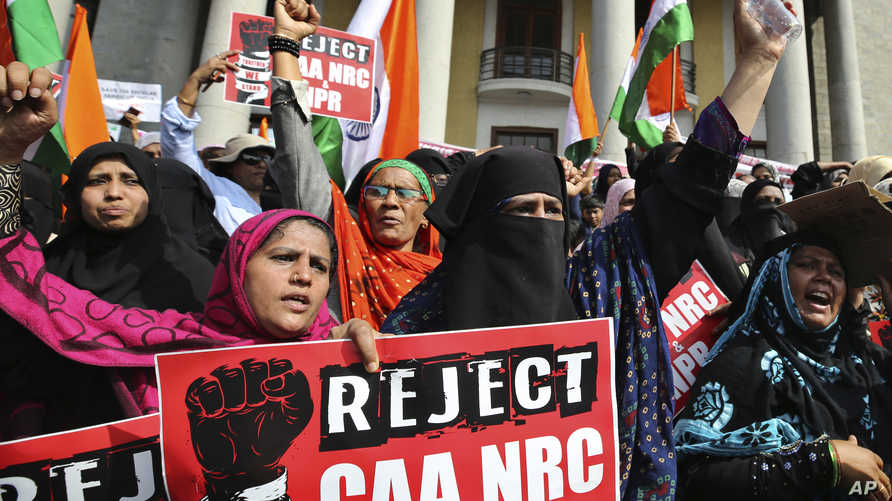
Liberalism wants us to focus on ‘Self’, communitarianism wants us to impose ‘constraints of necessity’ where it asks us to identify with a community but does not recognise a person’s individuality within the community. For example, one might be born in an upper middle class, middle class, or lower-class family, who have a different set of values associated themselves but they might relate more with the LGBTQI+ community. Moreover, if citizenship and community living only has to do with people who have a legal status to land, then what about the Rohingya Muslims in India or people who have migrated from Tibet, Bangladesh et cetera, are loyal to the nation, identify with its ideas and values? The whole debate on CAA and NRC is based on the idea that these people are Ghuspetiye (infiltrators), whereas these people might identify with the nation as a whole. The government is not open to this fact.
Moreover, if citizenship and community living only has to do with people who have a legal status to land, then what about the Rohingya Muslims in India or people who have migrated from Tibet, Bangladesh et cetera, are loyal to the nation, identify with its ideas and values? The whole debate on CAA and NRC is based on the idea that these people are Ghuspetiye (infiltrators), whereas these people might identify with the nation as a whole. The government is not open to this fact.
Then how do we strike a balance? What should citizenship mean?
In my opinion citizenship should provide me with a sense of freedom and connection. Freedom to express my views even if it is in a form of criticism for the betterment of the nation, this should not be taken as being an anti-national. Alisson Assiter, suggests us with an alternative. This alternative is our coexistence with the ‘imagined communities’ or ‘epistemic communities’, where communities are formed in such a way that they share certain values and interests, they might have not even met or are related to each other in any social or biological form. For example, if I am a resident of Ranchi but I connect with a women in Assam, Gujarat, Kerala etc., because our idea of nation is the same, this would unite us, in such a way that we will want to work for the betterment of the nation. This community will give rise to ‘emancipatory’ values which will redefine the meaning of knowledge. All of us will see the world in a more sensitised, enlightened way.
Also read: How Does The Citizenship Amendment Act Affect Adivasis?
Limitations?
The only limitation to this approach of the society is that it chooses humanitarianism, when there is an extreme lack of agency. The ideas from communities formed should be flexible but should not challenge and change the democratic set-up of the Nation. The idea is to strike a balance and not to hurt anyone’s feelings or beliefs.
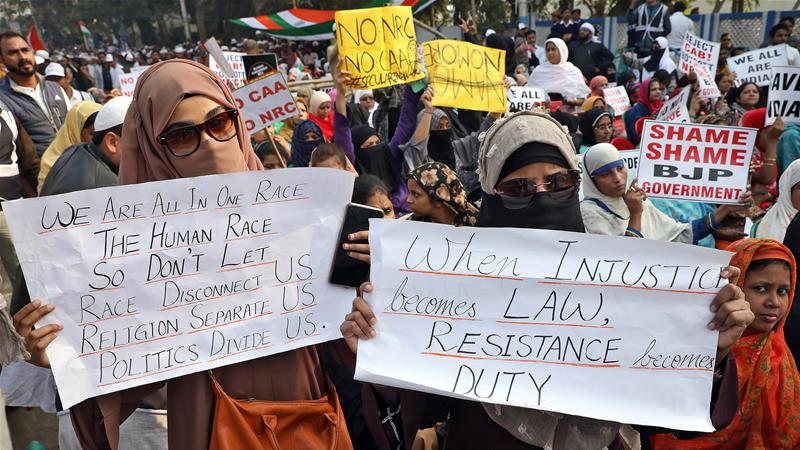
On the other hand, the meaning of ‘emancipatory value’ can itself be questioned. The values that one might choose to adhere to evolves from the society in which one lives. It is a process of evolution and regeneration and not something rigid. This will take time and is a long process, but in a huge and secular country in this idea can work wonders. One has to acknowledge that there is an urgent need to create a harmonious society, free of any form of violence.
Also read: Why Are Feminists Opposing The Citizenship Amendment Act?
I would like to conclude by mentioning, the meaning of citizenship can be derived based on these points, firstly, respecting ‘someone’s right to life’. Secondly, the active commitment to listening to the voices of the marginalised. Lastly, valuing someone ideals and access to formal and informal education, this implies that acceptance of one’s ideals is equals to one’s access to his/her rights and education, in the sense that people are open to listening to the voices of the marginalised.
Nikita identifies herself as a feminist and a human rights activist. Nikita is on the path to unfold gender with the encounters that she has with people on field, family and friends. She is sensitive towards issues concerning gender and strives for equality for all. She is a Hrihtik Roshan fan and loves listening to music and reading novels in her free time. You can find her on Twitter and Instagram.
Featured Image Source: The Conversation
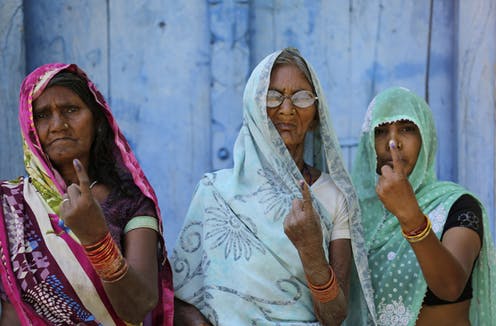
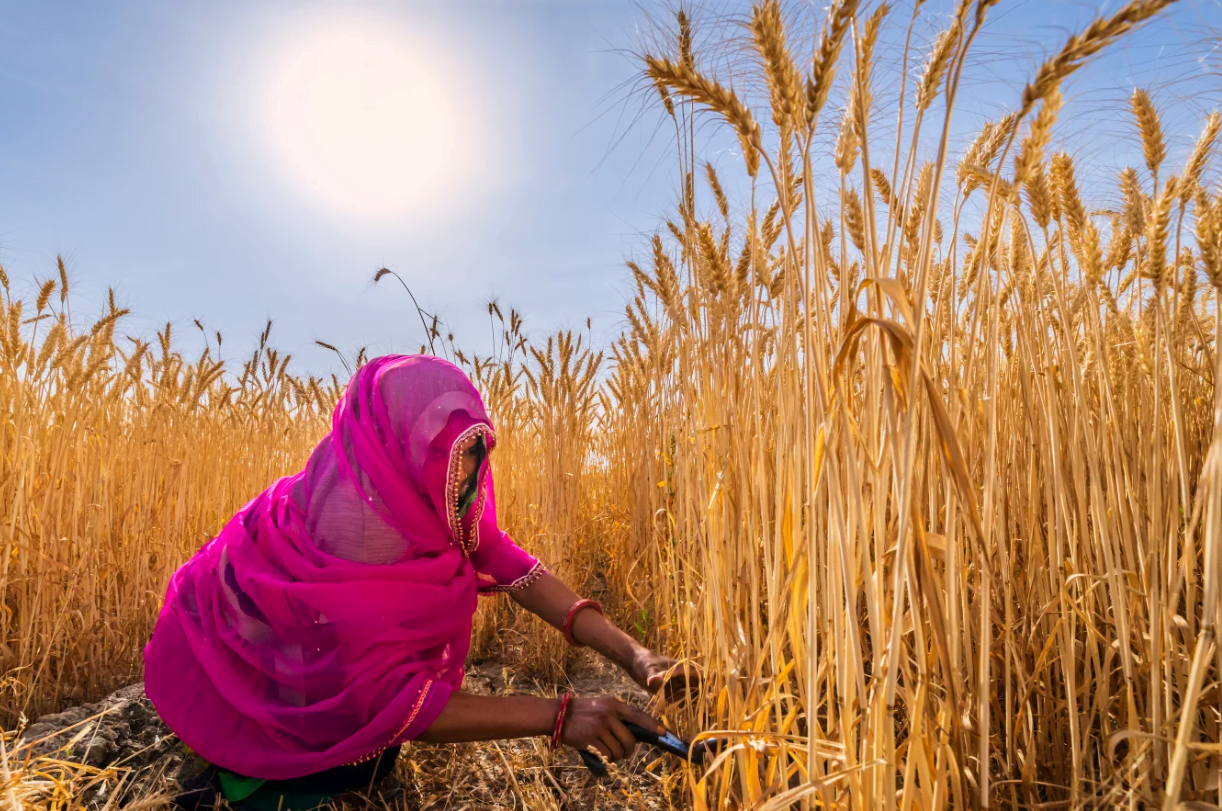
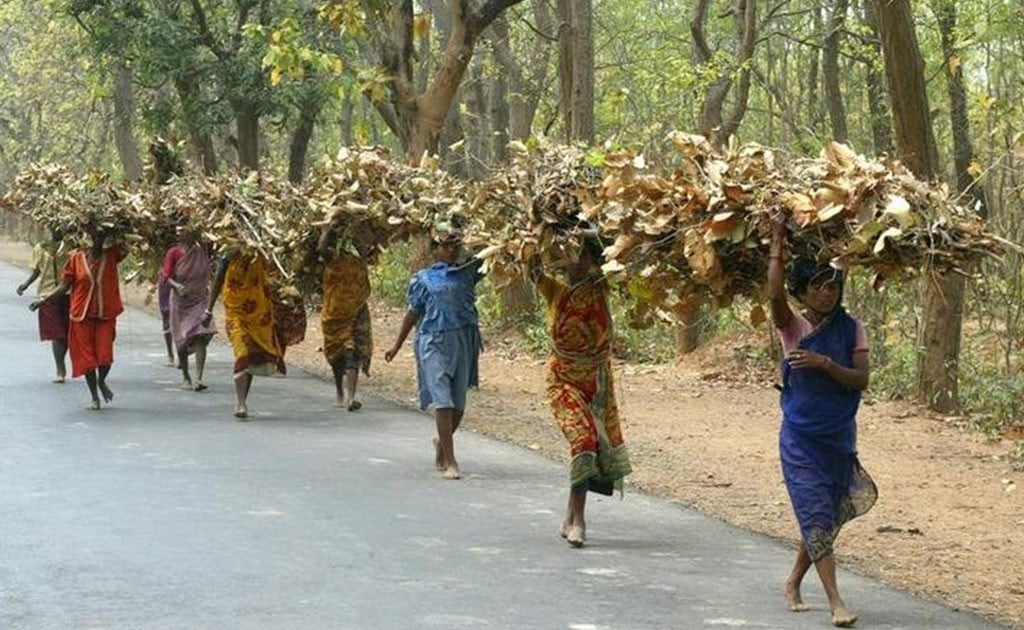
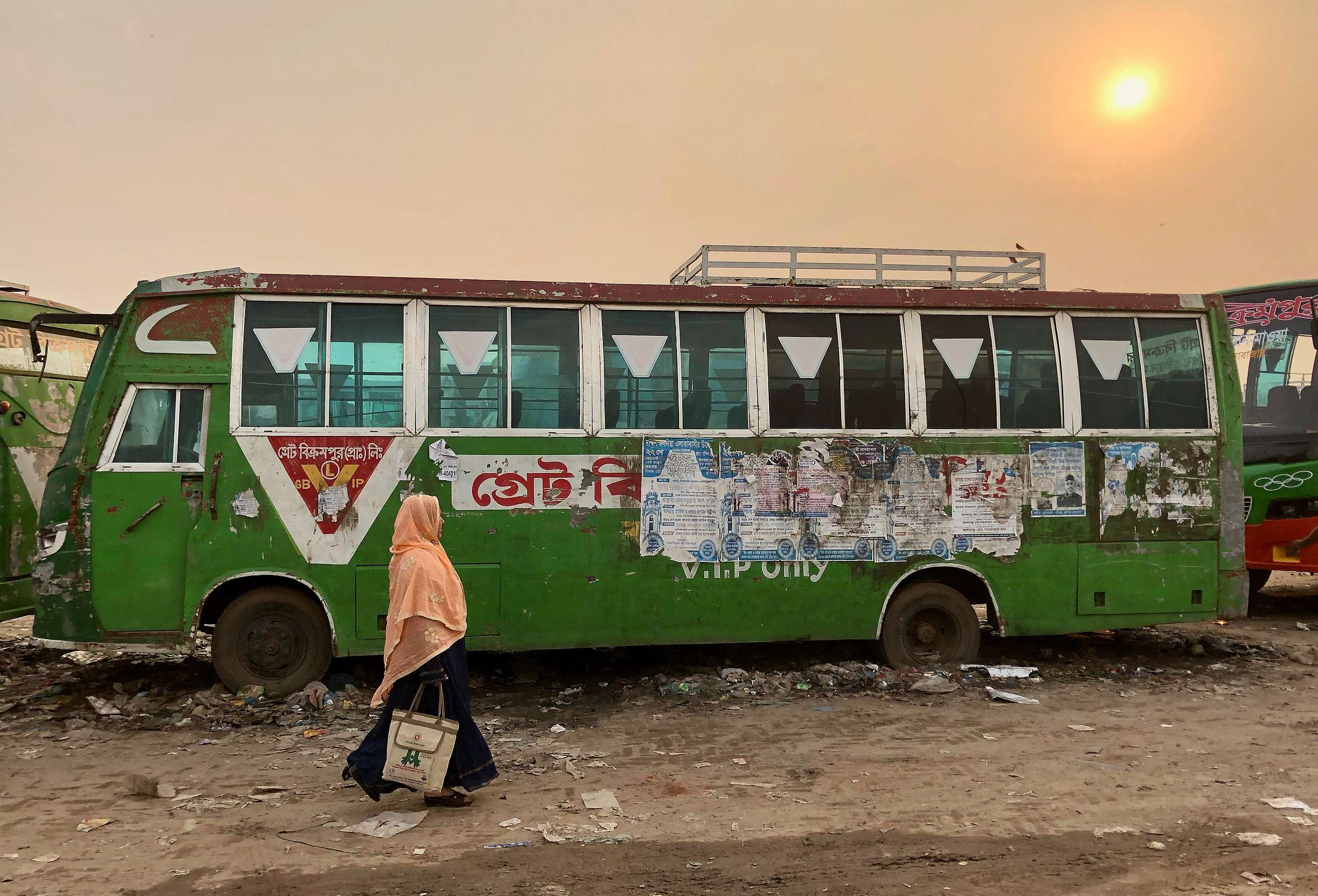

You might be interested in this piece from last year, concerning women, citizenship, and the NRC .. http://www.womeninandbeyond.org/?p=22299
Thank you so much 🙂 The article was very insightful 🙂